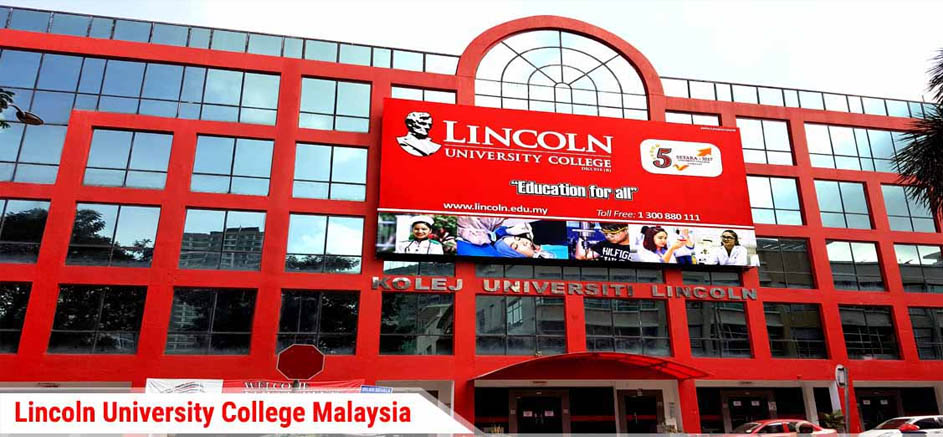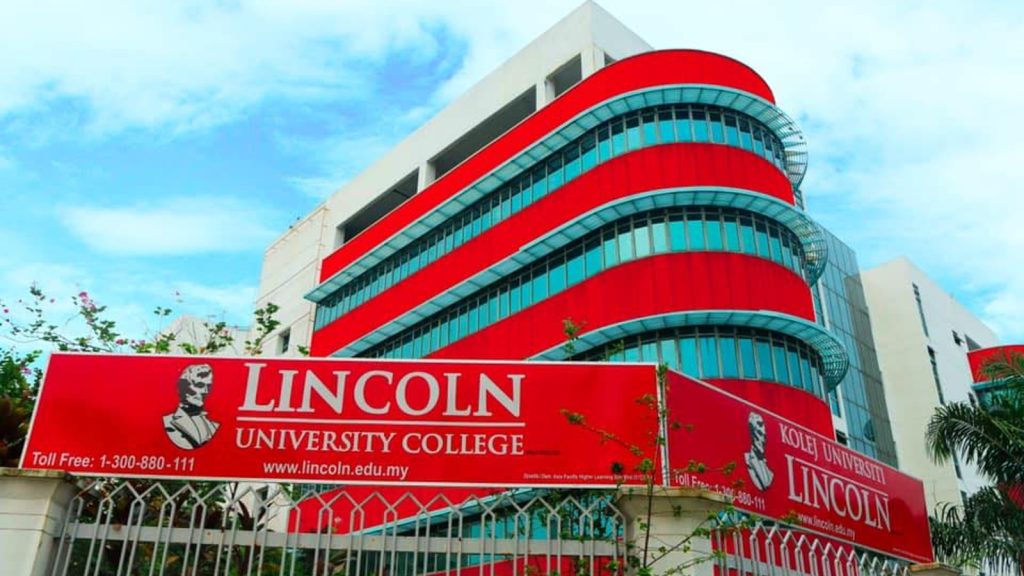Bachelor of Cardiopulmonary and Perfusion Technology (Honours) curriculum focuses on the physiology, pathology, and associated equipment of the heart and lungs, as well as the technology used to support or assume the function of the heart or lungs during medical treatments.
Overview
The primary goal of the Bachelor of Cardiopulmonary and Perfusion Technology (Hons) programme at Lincoln University College is to educate cardiovascular perfusion students intellectually and clinically for professional practise. As allied healthcare experts with advanced training in the latest technology in their specialisation, they will be in high demand both inside the country and abroad. These graduates will play an essential role in deciding the quality of health care given.
Cardiothoracic anatomy, physiology, and pathophysiology, as well as pharmacology, foetal and neonatal heart development, and perfusion science, are all covered in the curriculum. These students will be able to fully support anaesthetists and surgeons in a high-tech anaesthesia and surgical theatre.
Program Aim
The program of Bachelor of Cardiopulmonary and Perfusion Technology (Hons) program will produce professionals who are:
- Knowledgeable to apply critical thinking in cardiopulmonary and perfusion technology.
- Competent to practice and possess interpersonal skill to communicate with other healthcare professional.
- Professionals and capable to work ethically and protrude personal skills as well as digital skills in the healthcare environment and practice.
- Show adequate leadership skill and responsibilities with the excellent numeracy skills in in cardiopulmonary and perfusion technology.
- Able to demonstrate entrepreneurial skills.
Career Opportunities
Graduates of this programme can work in a variety of settings, including the healthcare industry, private machine manufacturing companies, technical design firms, government-funded programmes, and cardiac perfusion graduates for operation. They will be well prepared to follow several career paths, including:
- Perfusion Technologist
- Medical Case Review Physician
- Cardiovascular Perfusionist
- Respiratory Perfusionist
- Perfusion Technological Consultant
Subject Highlights
| Sl.No. | Subject Code | Subject Name | Credits |
|---|---|---|---|
| 1 | BCPT 6013 | Human Anatomy | 3 |
| 2 | BCPT 6023 | Human Physiology | 3 |
| 3 | BCPT 6033 | Biochemistry | 3 |
| Elective (Choose any one module from the following two): | |||
| 4 | MPU 3123 | Islamic Civilization and Asian Civilization (TITAS) | 3 |
| MPU 3143 | Malay Language Communication 2 | ||
| 5 | BCPT 6043 | Behavioural Science | 3 |
| 6 | ENG 613 | English I | 3 |
| 7 | ENG 623 | English II | 3 |
| Elective (Choose any one module from the following two): | |||
| 8 | MPU 3113 | Ethnic Relations | 3 |
| MPU 3173 | Malaysian Studies 3 | ||
| 9 | BCPT 6053 | Patient Care and Professionalism | 3 |
| 10 | BCPT 6063 | Anatomy & Physiology of Cardiovascular | 3 |
| 11 | BCPT 6073 | Pathology | 3 |
| 12 | BCPT 6082 | Sterile & Surgical Asepsis | 2 |
| 13 | BCPT 6093 | Haematology | 3 |
| 14 | BCPT 6103 | Microbiology | 3 |
| 15 | BCPT 6113 | Pharmacology | 3 |
| 16 | BCPT 6123 | Physics | 3 |
| 17 | BCPT 6132 | Entrepreneurship | 2 |
| 18 | MPU 3212 | Leadership Skills and Human Relations | 2 |
| 19 | MPU 3312 | Malaysian Government and Public Policy | 2 |
| 20 | BCPT 6143 | Electrocardiography | 3 |
| 21 | BCPT 6153 | Epidemiology | 3 |
| 22 | BCPT 6163 | Echocardiography | 3 |
| 23 | MPU 3412 | Community Service | 2 |
| 24 | BCPT 6173 | Perfusion Instrumentation and Equipment | 3 |
| 25 | BCPT 6183 | Diagnostic Equipment and Instrumentation | 3 |
| 26 | BCPT 6193 | Interventional Cardiology | 3 |
| 27 | BCPT 6203 | Cardiopulmonary Bypass & Complication | 3 |
| 28 | BCPT 6213 | Organ protection during CPB and blood management | 3 |
| 29 | BCPT 6223 | Mechanical Support and Perfusion in Special Procedure | 3 |
| 30 | BCPT 6232 | Basic Surgery & Monitoring | 2 |
| 31 | BCPT 6243 | Research Methodology | 3 |
| 32 | BCPT 6253 | Paediatric Cardiac Surgery Procedures | 3 |
| 33 | BCPT 6263 | Electrophysiology | 3 |
| 34 | BCPT 6273 | Perfusion for Paediatric | 3 |
| 35 | BCPT 6282 | CPR, ACLS & PALS | 2 |
| 36 | BCPT 62914 | Clinical Practice I | 14 |
| 37 | BCPT 6303 | Final Year Project I | 3 |
| 38 | BCPT 63113 | Clinical Practice II | 13 |
| 39 | BCPT 6323 | Final Year Project II | 3 |
Entry Requirements
Pass Sijil Tinggi Persekolahan Malaysia (STPM)/Matriculation/A-Level/Pre University program or its equivalent with minimum Cumulative Grade Point Average (CGPA) of 2.75 in the following subjects:
- Biology
- Chemistry
And five credits or equivalent at the Sijil Pelajaran Malaysia (SPM) level, three of which in the following subjects*:
- Biology
- Mathematics
- Physics
- Chemistry
- English
*Note: However, depending on the field of study, an institution may insist that the students obtain credits in all the listed subjects.
or
Related Diploma (Level 4, Malaysian Qualifications Framework, MQF) from recognized institutions with minimum CGPA of 2.75;
or
Related Diploma (Level 4, MQF) from recognised institutions with CGPA below than 2.75 and a minimum of 3 years (36 months) working experience in the same field.
English Proficiency for Foreign Students
International students are required to achieve a minimum score of 5.5 for International English Language Testing System (IELTS) or its equivalent. If the student does not fulfil the above criteria, then Lincoln University College must offer English proficiency course to ensure that student is proficient in the language to the standard required by the program.














